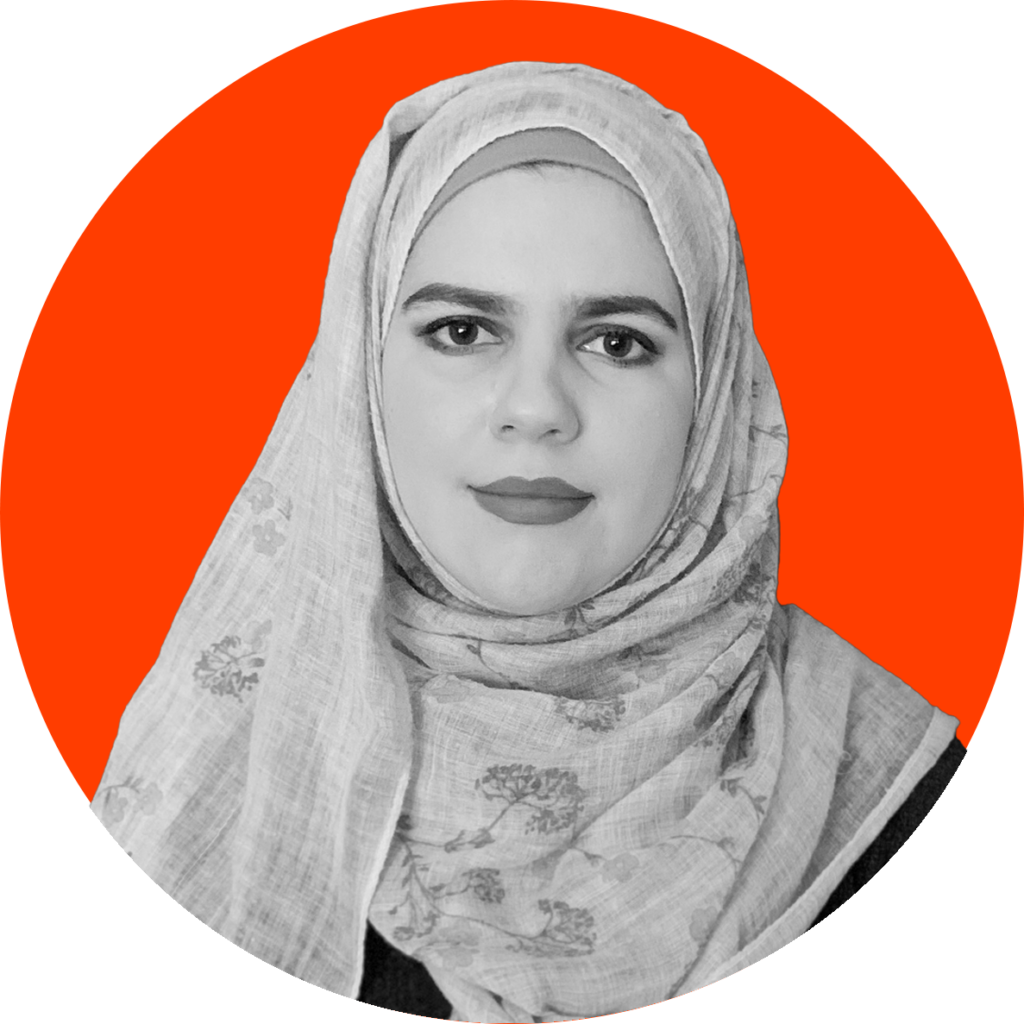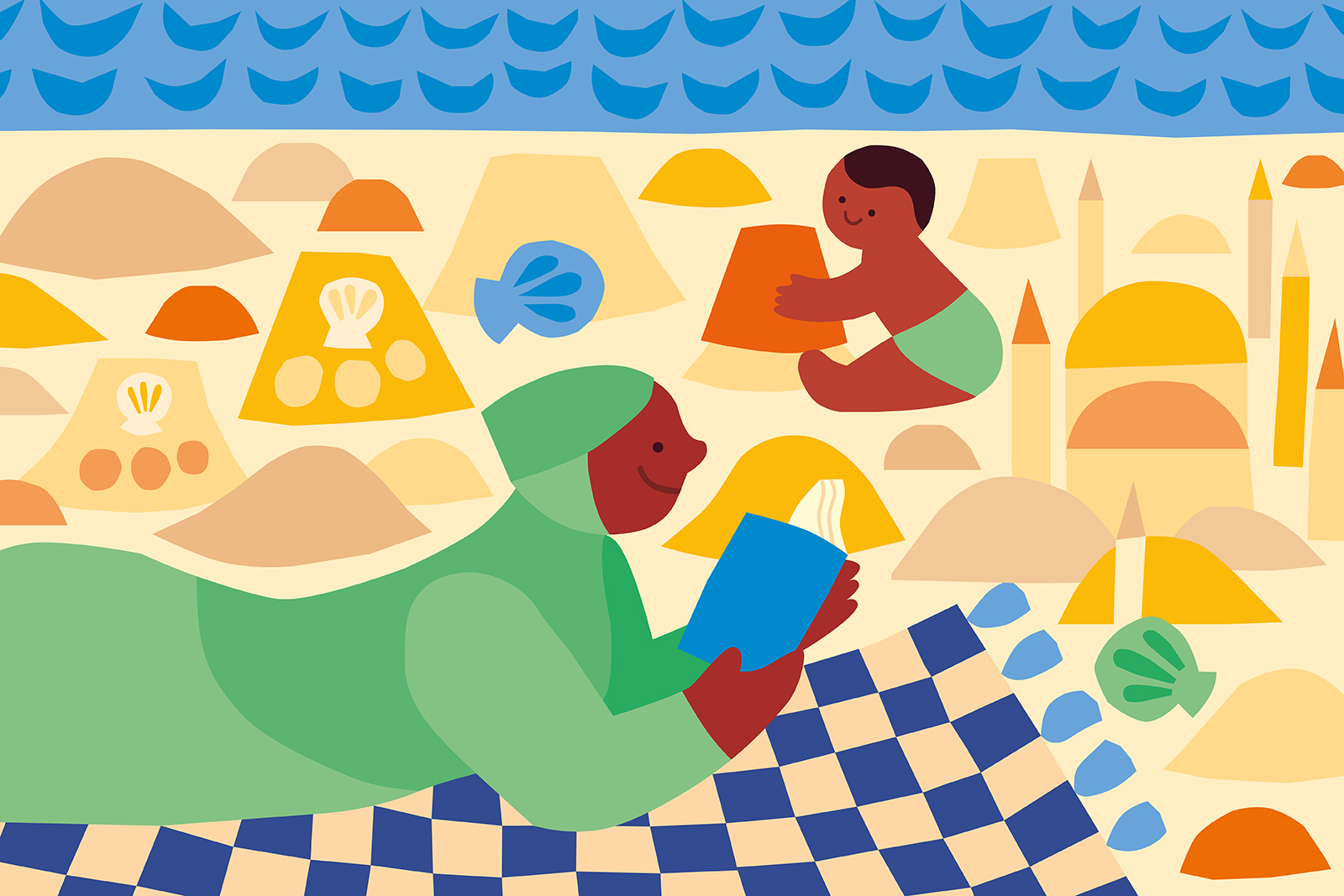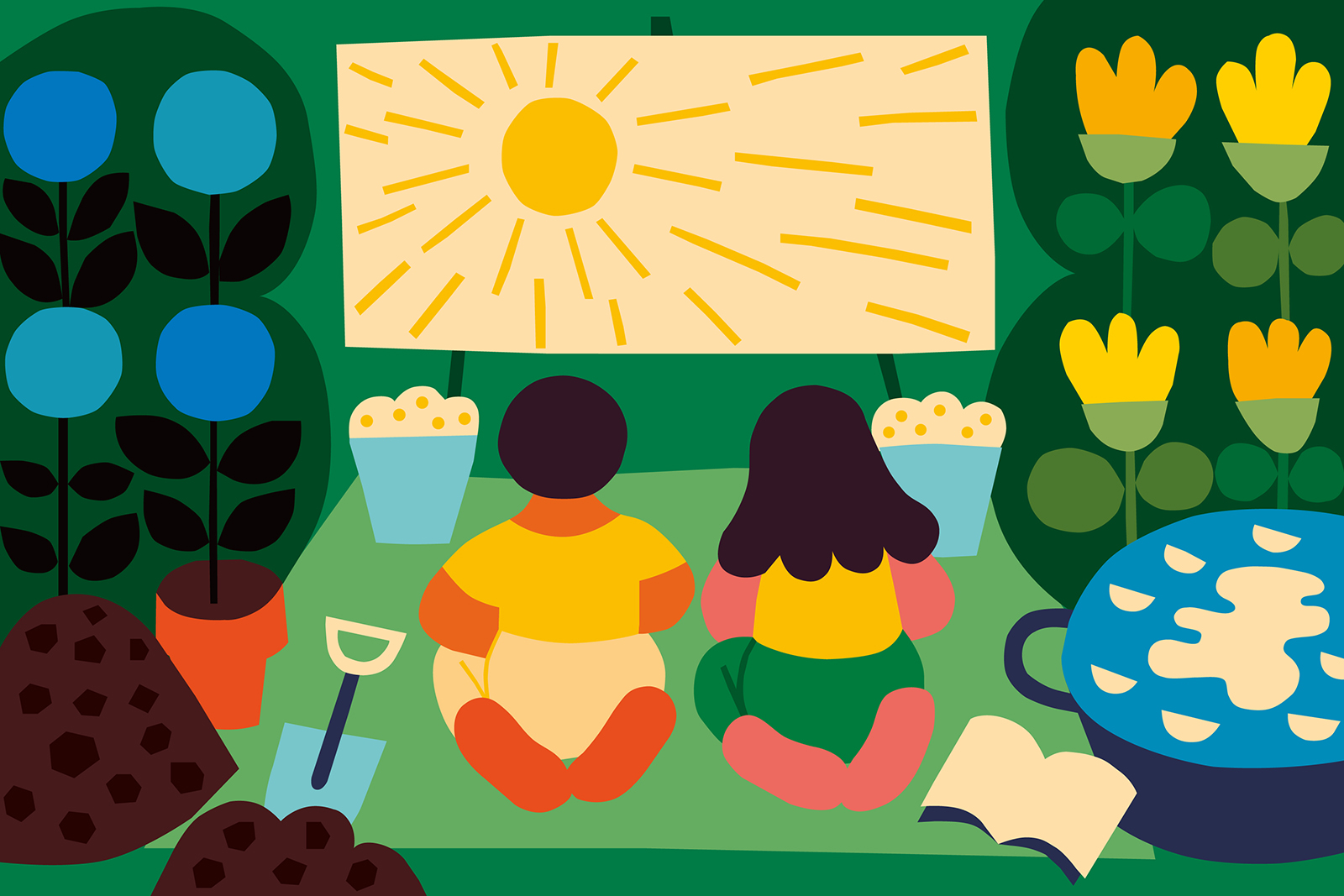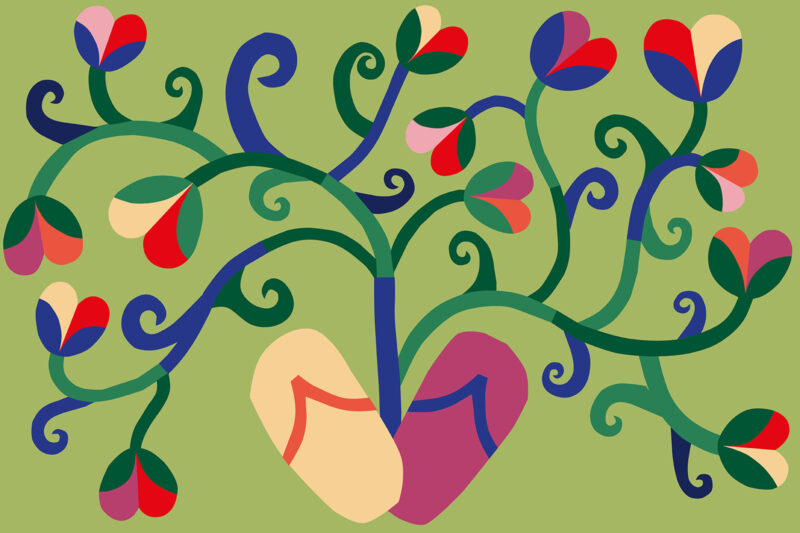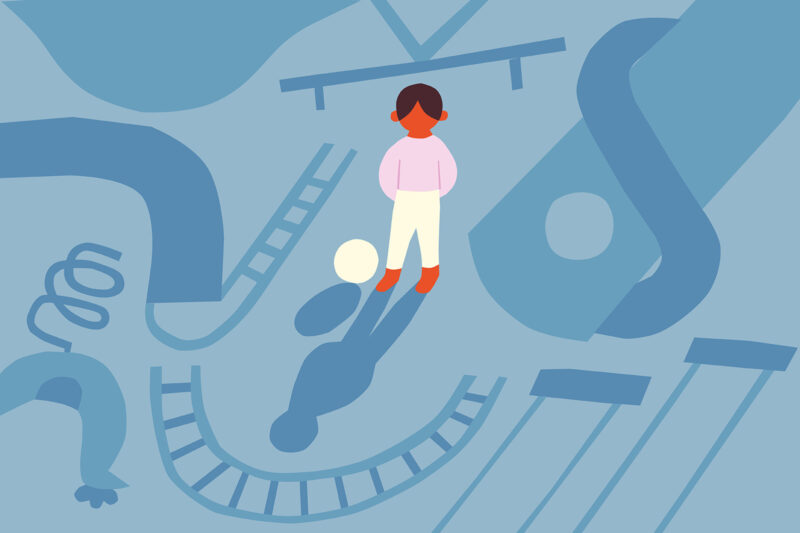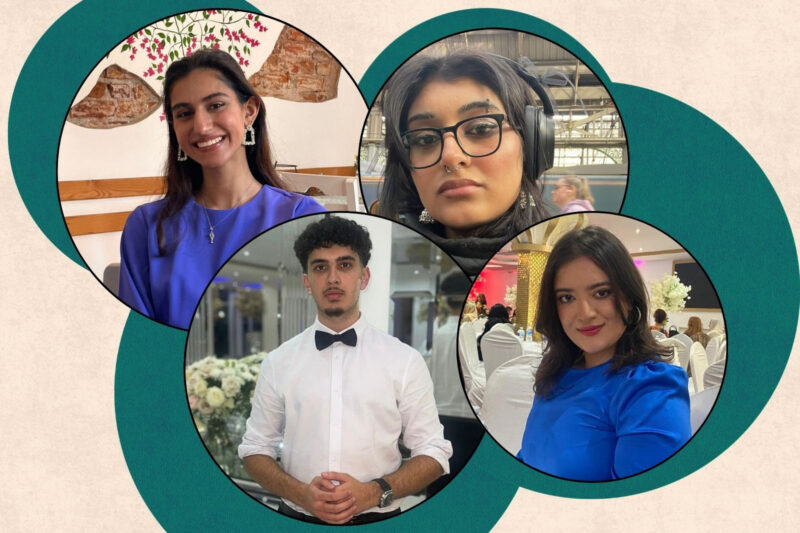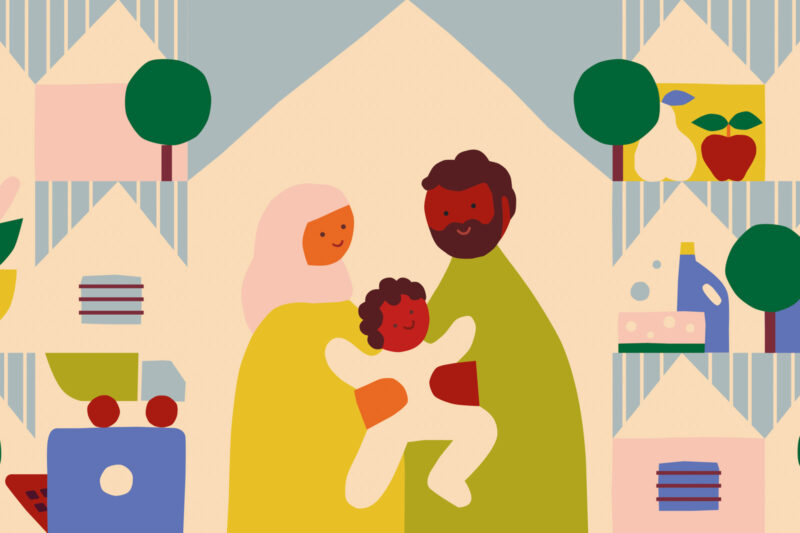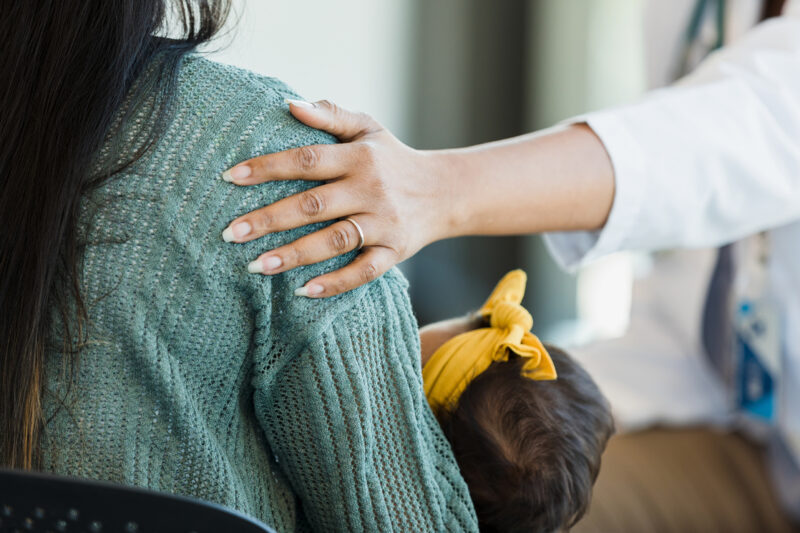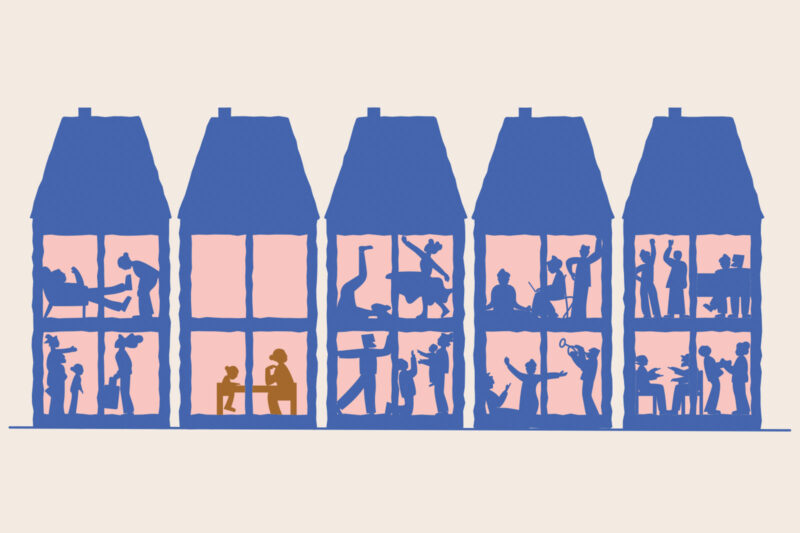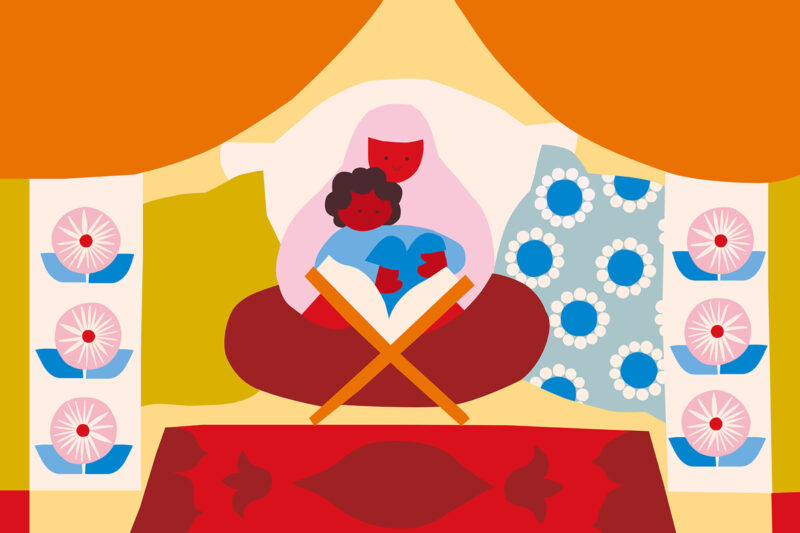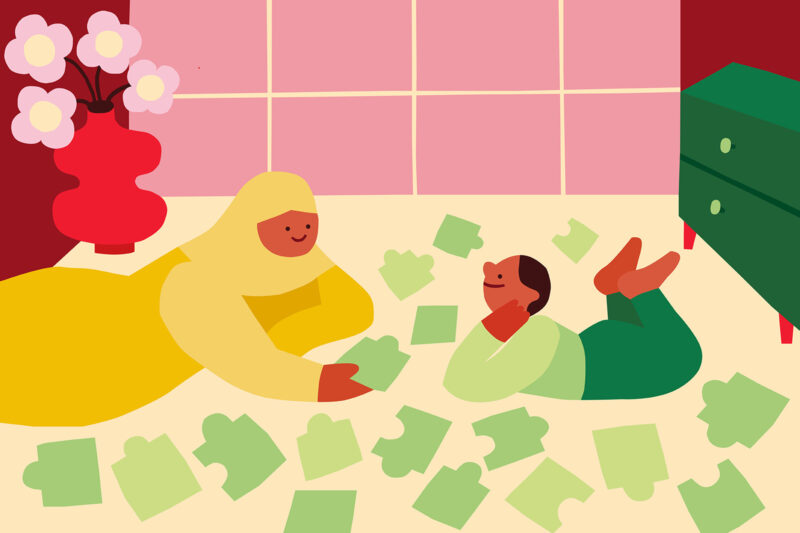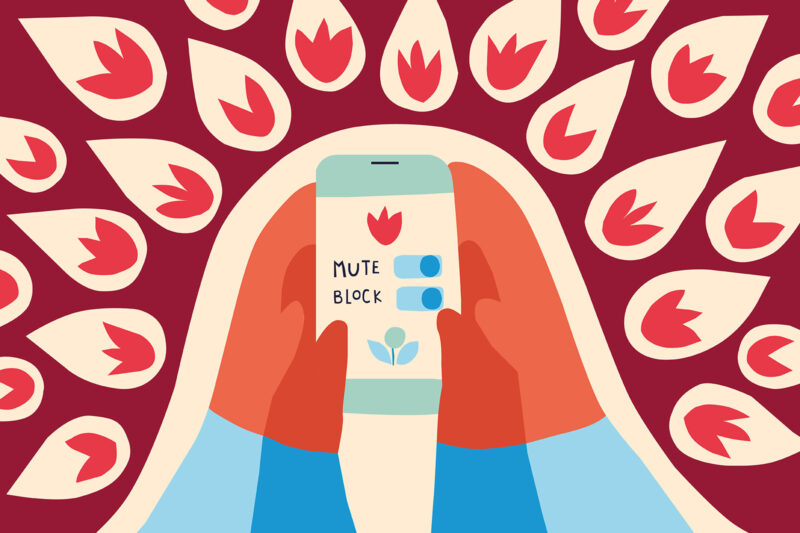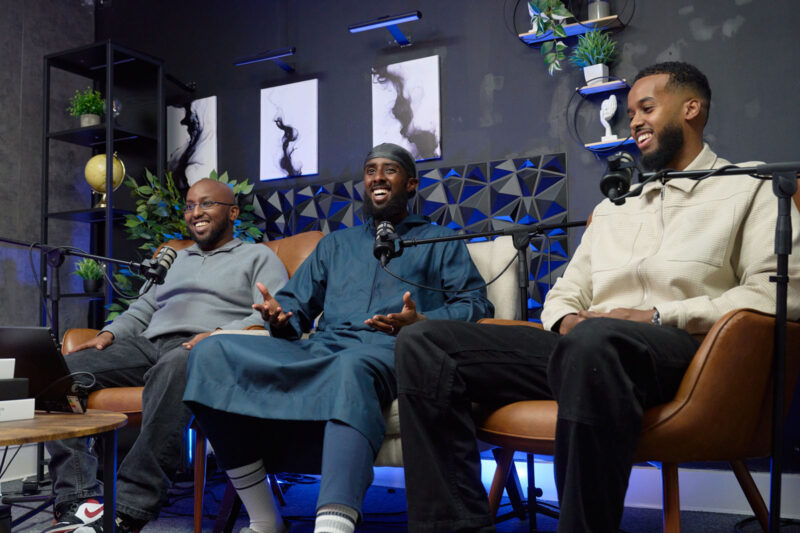How do you parent when the world is on fire?
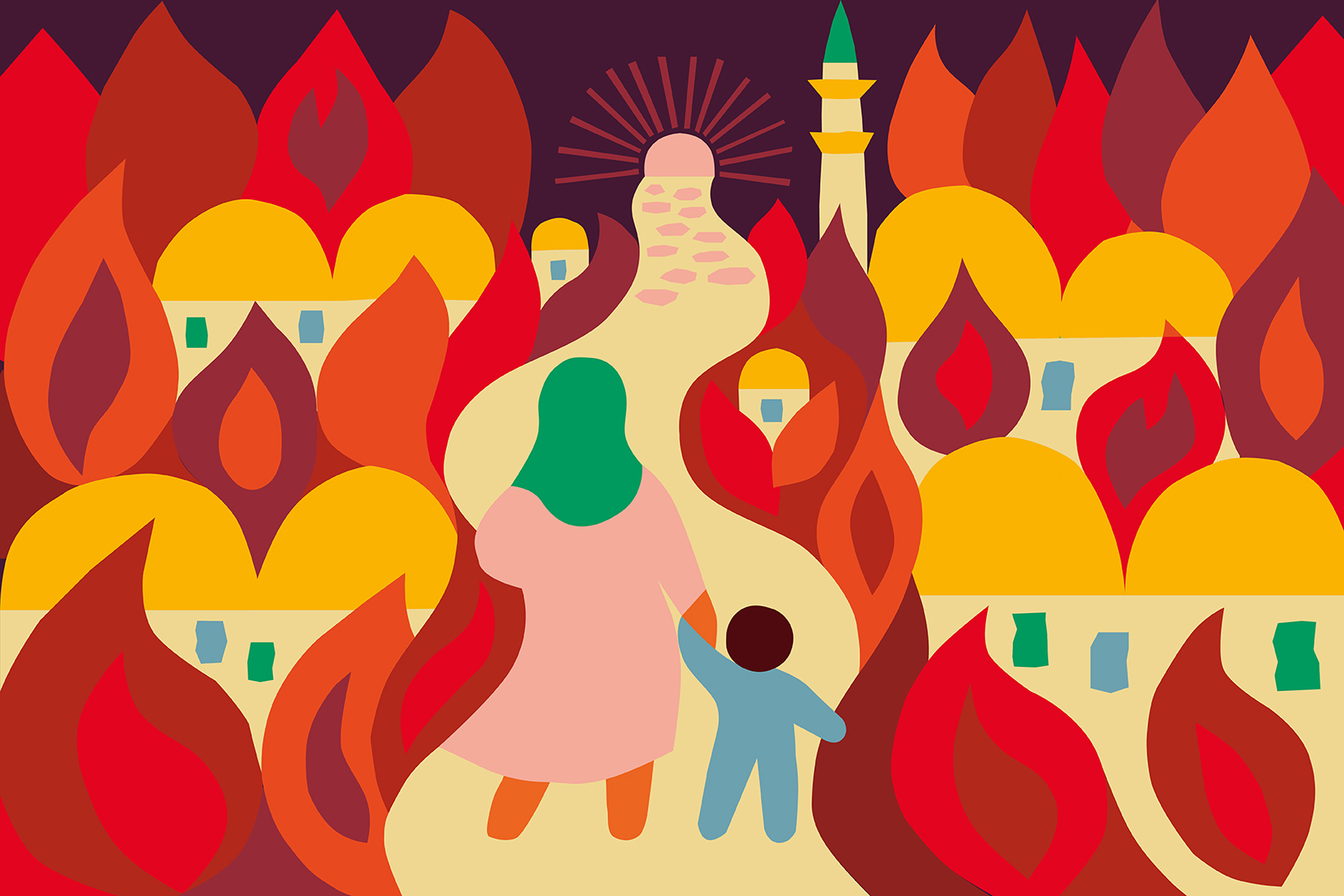
We must instil compassion in our children, which starts with us as parents being kind to them and to each other
“Why are those people sleeping in tents?” my son Ammar asks me as we walk through Manchester. He has noticed rising homelessness in the city centre, despite being only three years old. “They are sleeping here because they do not have a home,” I tell him.
As my son’s speech continues to develop, so does his ability to vocalise his curiosity. Recently, he has become very inquisitive about the injustices he observes around him. He just doesn’t yet understand what he is witnessing. As his primary carer, he naturally turns to me to question what’s going on. But often I do not have answers.
Parenting while the world feels like it is on fire is scary, no matter how old your children are. We are surrounded by tragedies and oppression, whether that be the horrors in Palestine, wildfires engulfing entire cities, or record highs in anti-Muslim hate crime. The world doesn’t feel like a safe place to be raising children right now.
When far-right riots broke out across much of the country in the summer of 2024, following the horrific Southport murders, I was genuinely afraid for my son’s safety. We didn’t leave the house for two weeks. That sense of fear has come from a lifetime of seeing how atrocious crimes — when the culprits are believed to be Muslim — turn Muslim parents and their children into targets for abuse and violence.
In the days following 9/11, my mother and brother, just a baby at the time, were subjected to a tirade of racist and Islamophobic abuse by a cab driver while locked in his car. My mother recounted the incident with such fear that it is etched into my mind. When my son and I started going out again after last summer’s riots, we relied on my husband to drive us rather than take public transport.
Weeks after the violence was over, I was still looking over my shoulder. We avoided going to playgrounds in certain areas in Dewsbury and Wakefield, near where we live, that are known to be far-right hotspots. We weren’t being overly cautious — the murder of a six-year-old Palestinian-American boy in Illinois shortly after 7 October 2023 shows that our children can be targets.
Being a parent is hard for everyone, but the everyday challenges are made worse when you are marginalised or discriminated against because of your faith or race. It is an added mental and emotional burden to constantly worry about the safety of your children — especially when there is a real threat of them being physically targeted, the way an Afghan toddler was attacked by a Belarusian tourist in a Moscow airport in June.
Schools are not safe, either. If they are not bullied by their schoolmates for being Muslim — 10% of Islamophobic bullying takes place in educational settings — our children might be unnecessarily referred to Prevent by their teachers. They should be having fun and free of worries, not surveilled and politicised.
Particularly within this context, I believe it is our responsibility as parents to ensure a better future for the world by trying to raise kind humans. We must instil mercy, compassion and kindness in our children, which starts with us as parents being kind to them and to each other. We can also create opportunities for our children to practice those values. It could be something as simple as encouraging them to put out feed for the birds that visit the garden.
I also believe that raising a new generation that sees beyond gender, ethnicity and borders requires a form of parenting that is anti-racist and against all other forms of prejudice. Much of our children’s understanding of race comes from social messaging — discussions at home, school and what they see in the news. In a family of colour like mine, I will need to learn how to instil in Ammar a sense of pride in his racial and faith identities, and the courage to stand up for what is right and speak up against discrimination. One step I have already taken is choosing a school for him in my area with ethnically diverse staff and students.
I do find pockets of hope and it’s important to hold onto these. I recently discovered a play space for Ammar run by a woman who shares the same approach to parenting and concern for world events. I know Ammar and I are safe there. It is a place without judgment and I can open up to her and the other mums — particularly about issues such as Gaza and the rights of Palestinians — in a way that I’ve found is not welcome in many mother-baby spaces.
Mostly, though, activity sessions there provide a space where I can forget about my worries for just a little while while Ammar paints and plays. Finding that sense of solace is vital, too.
 Newsletter
Newsletter

